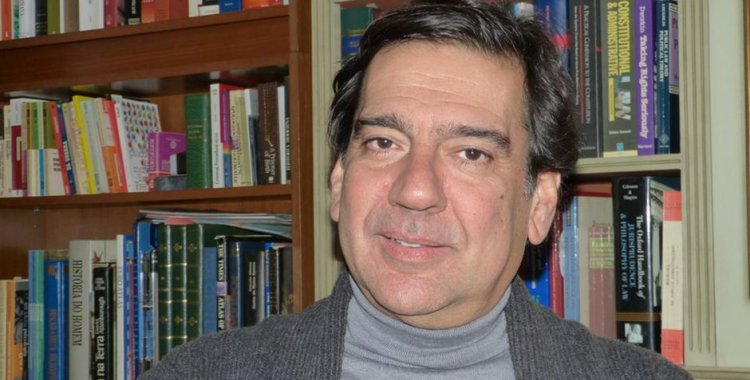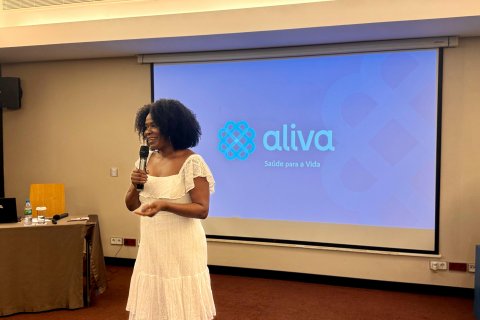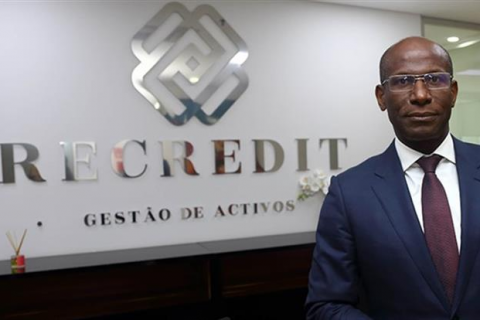For the professor, who is also a non-resident researcher at the University of Johannesburg and a guest professor at the Institute of Indian Managment-Research, the position of the President of the Republic, João Lourenço, at the moment is comparable to that of a Marcelo Caetano, at the end of the dictatorship period in Portugal, or even of Mikhail Gorbatchov, when he carried out the reforms that led to the end of the Soviet Union regime, leading to its dismemberment.
Because João Lourenço "is trying to reform the system from within, and that is the worst reform," he considered.
"It's often easier to make a revolution, you send those who are there, you send the new ones and there are no complicity with the past," said the professor, who is also a jurist for MakaAngola, an organization linked to the defense of democracy, against corruption, to which the former journalist and well-known Angolan activist Rafael Marques is also connected.
For the researcher Rui Verde, João Lourenço "is trying to reform from the inside, and it is always difficult, especially when the opening begins, because the opening turns against who opens, as happened with Marcelo Caetano, as happened with Gorbachov," he stressed.
According to the academic, the opening process has already turned against João Lourenço. "How will you manage this in the near future is what is curious," he said.
For now, the doctorate in Law and Human Sciences, considered that the current head of state "is trying to avoid the revolution, which is latent. Just walk the streets of Luanda, just feel what the people say and it's latent". An unsatisfied population, which has a limit that can go as far as post-election.
Rui Verde believes that the biggest problem for João Lourenço "will not reside so much in the election - the MPLA is used to winning elections - the problem will possibly reside in the post-election, that is, whether or not the people will accept the result. "That will be the most key or dangerous moment," he stressed.
Despite this, for the researcher it doesn't make any sense that João Lourenço won't stand again. "It's because the work has only just begun". "This dismantling and restructuring of the last years, at least since 2002, is a job that takes at least ten years," he stressed.
The question, if his victory is accepted, internally and externally.
Because, for the academic and also the author of books, the results of the next elections "will have to be legitimized internally and externally".
João Lourenço's predecessor in the presidency, José Eduardo dos Santos, followed a policy of "not taking much interest in what was said abroad. If the Americans weren't interested in what he did, he went to the Chinese, if they didn't like it he went to the Russians," he considered.
Now, João Lourenço, on the other hand, "has tried to create new networks, has asked the country to join the Commonwelth [Community of Nations], is part of the Francophonie [Francophonie International Organization], as an observer, so he is wanting to pay more attention to what the outside world says.
But the great expectation of the President, "especially in 2018, when João Lourenço began with the great resignations, which led the population to become enthusiastic," has been lost. "I have the impression that even without food the galvanization was great. Then the balloon pierced and was losing air," said the head of research at CEDESA, a group of academics studying economic and political affairs in southern Africa, particularly Angola.
Part of the discontent is due to the economic policy that has been followed in Angola in recent years, that of the IMF (International Monetary Fund), based on the Washigton consensus.
"These policies, as we know, are contractionary, that is, they accentuate recessions, because you have to raise taxes, reduce spending (...). So he [João Lourenço] tightened his belt and tightened it a lot," Rui Verde said.
Now, it is usual that in pre-electoral times "the belt starts to loosen. So what I hope (...) that he starts loosening the belt and giving the population some slack," he said.
In the opinion of the researcher, despite the limitations and economic problems that Angola is going through, the President still has the budgetary slack to give some confidence to the population in the year and a half that remains until the elections.
"There is budgetary leeway for that," he said, because the debt has been "reasonably well negotiated" with China, "the Angolan tax base has actually been expanded and there is still the money from the sovereign fund, which is being used in the PIM, a kind of municipal investment plan, which has been managed a bit roughly, but I believe it will be managed with more attention.
Therefore, he defended, "there is budgetary slack for this year and a half João Lourenço to be able to give a push for the population to be minimally confident.
On the other hand, "it is very likely" that the famous plan to fight corruption can be accelerated, so that results can be presented.
"There are processes coming to an end and others that will have to begin, like the most important ones, linked to Manuel Vicente, Copelipa [General and former head of Angola's Secret Service], Dino [another General] who have to have a conclusion. They can't be in a Maria bath all the time. Therefore, it is possible that the part of the fight against corruption has a strong acceleration," he said.
Rui Santos Verde concluded: "Even because of the corruption processes that have advanced in recent times, and there have been many, there is only one person arrested to date.







